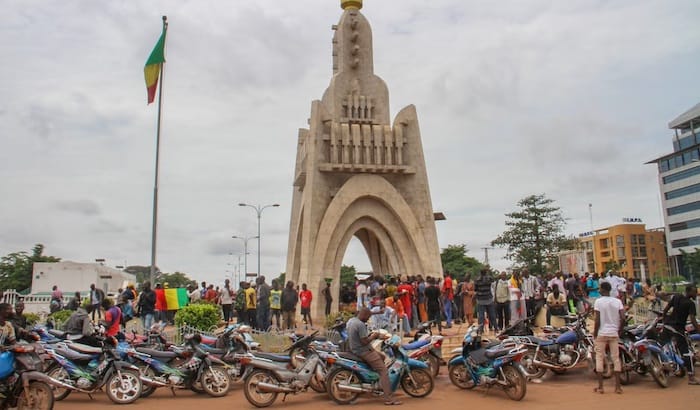In a major escalation, Mali’s military government has ordered the closure of all schools and universities for two weeks, citing severe disruptions in fuel supplies that are impeding staff and student movement. The directive follows a fuel import blockade imposed in September by the armed group JNIM (Jama’at Nusrat ul-Islam wa al-Muslimin).
Education Minister Amadou Sy Savane announced the suspension of classes until 9 November 2025, stating that the shortage of fuel has crippled transportation for teachers and learners alike.
Why the Blockade?
The JNIM group claims the blockade is retaliation for the government’s ban on the sale of fuel in rural areas—a policy intended to cut off the militia’s supply lines. Arrests and attacks on fuel tankers transiting from neighbouring countries like Ivory Coast and Senegal have dramatically reduced available fuel across Mali. The resulting scarcity has driven long queues, soaring transport costs, and widespread economic disruption.
Read Also: Over 1,100 Women Raped Every Day in Congo — New Study Exposes Hidden Crisis
Impact on Education and Economy
The two-week closure affects hundreds of thousands of students and disrupts examination schedules and learning continuity. Many parents and educators warn of long-term learning losses. Meanwhile, Mali’s economy—already fragile—faces further strain with mobility curtailed, goods stalling, and public services unable to function fully.
Broader Security and Political Implications
The incident illustrates the growing power of armed groups like JNIM, and the fragility of public infrastructure in Mali. Analysts say the blockade and resulting crisis undermine the military government’s claims of stability and raise questions about future governance, aid flows, and international involvement in the region.

